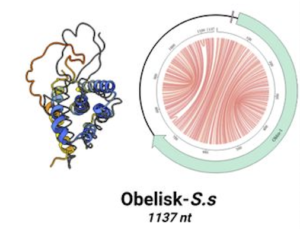Supplementation with glutamine, a non-essential amino acid, can reduce intestinal permeability in people with Crohn’s disease, according to the data from a recent controlled study.
A team of gastroenterologists at the All India Institute of Medical Sciences, Ansari Nagar, New Delhi, randomized 30 middle-aged men with Crohn’s to treatment with a supplement containing 0.5 grams of glutamine per kilogram body weight, or a supplement containing whey protein at similar dose levels, as an active control. They assessed permeability by measuring the ratio of lactulose to mannitol (LMR) excreted in urine.
After two months of daily supplementation, both groups showed changes in the LMR, but the change was more pronounced in the 14 patients on glutamine (from 0.071 to 0.029) as compared to those taking whey protein (0.067 to 0.033). This difference was statistically significant, though the authors noted that intestinal permeability normalized in 8 patients in each group (Benjamin J, et al. Digestive Diseases and Sciences. 2012 Apr;57(4):1000-1012).
The villous crypt ratio (VCR), another indicator of Crohn’s disease severity, changed from 2.33 at baseline to 2.68 at the end of the 2-month period in those taking glutamine. In the whey protein group, VCR increased from 2.26 to 2.49.
The mechanisms by which glutamine affects intestinal barrier function are not yet clear. Some investigators have suggested that the amino acid provides fuel for rapidly-dividing enterocytes, as well as epithelial cells on the surface of the intestinal wall.
END







